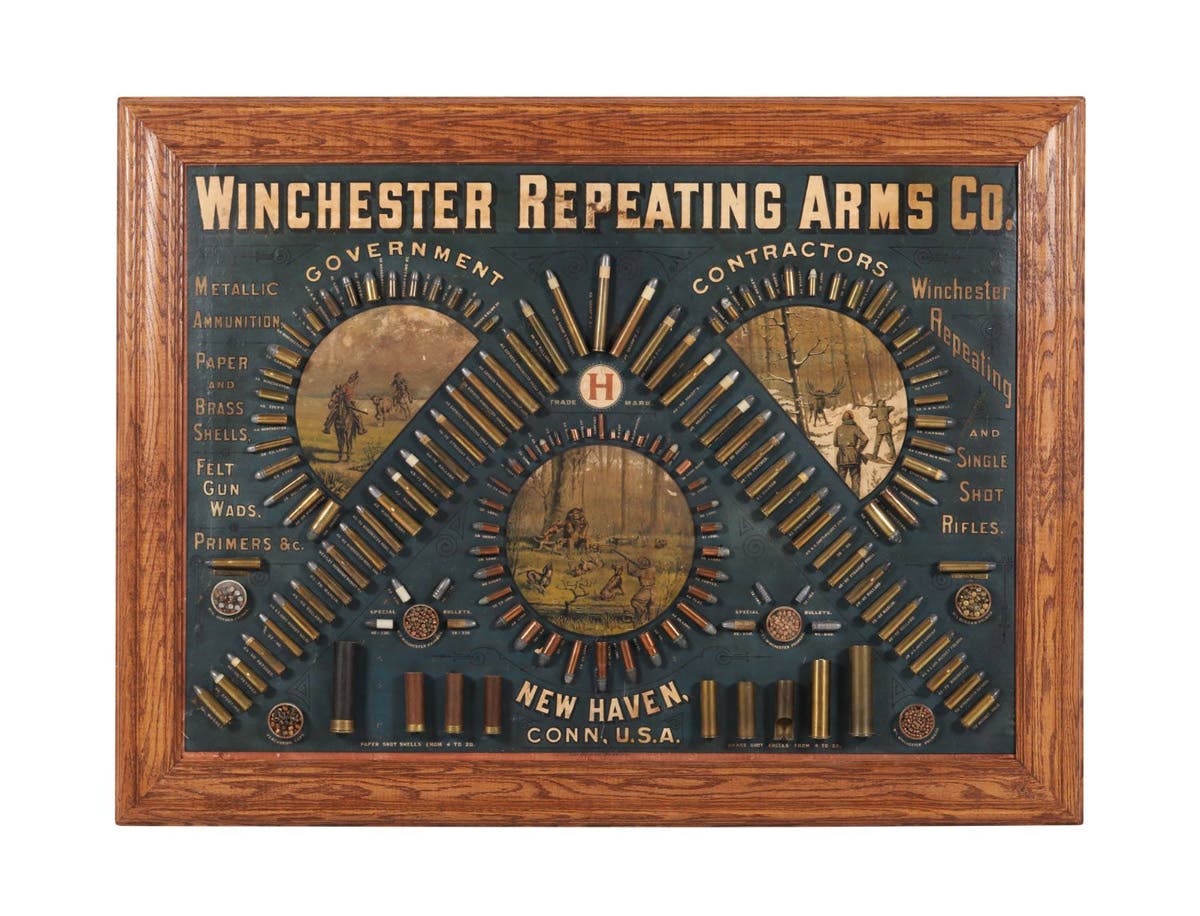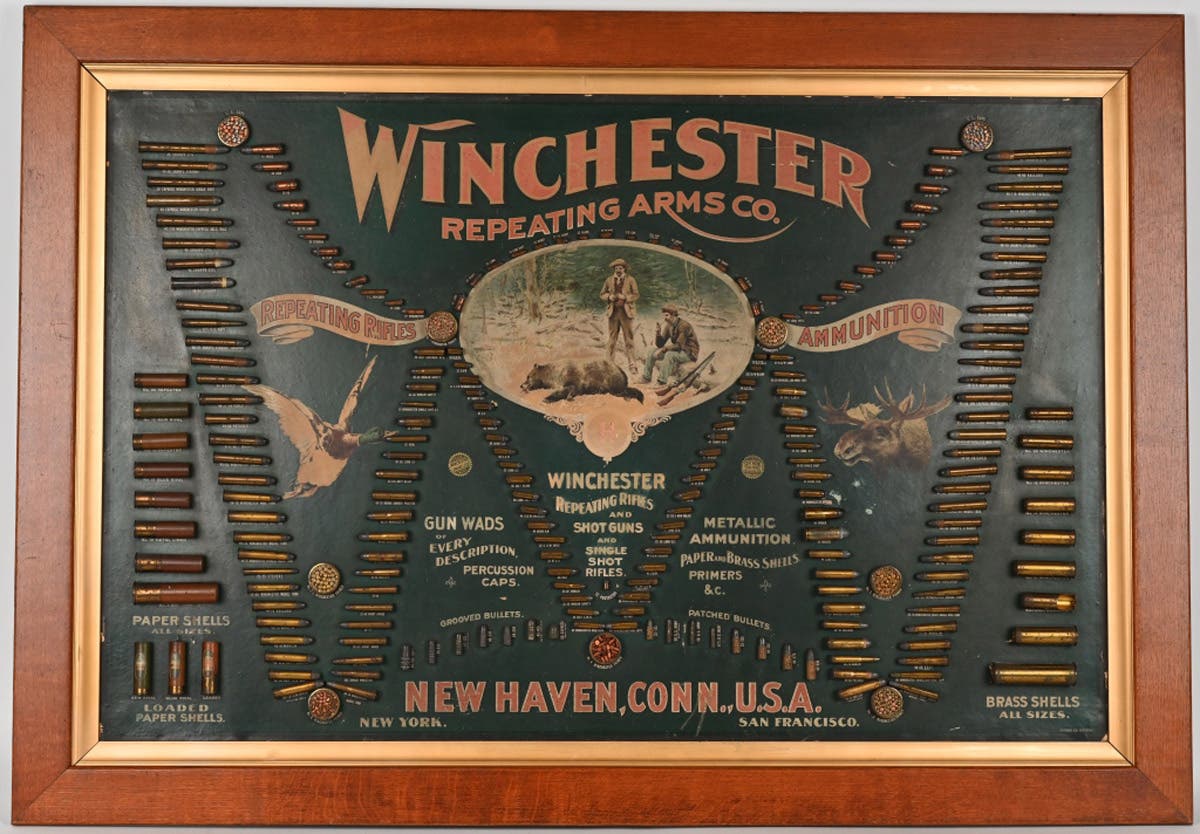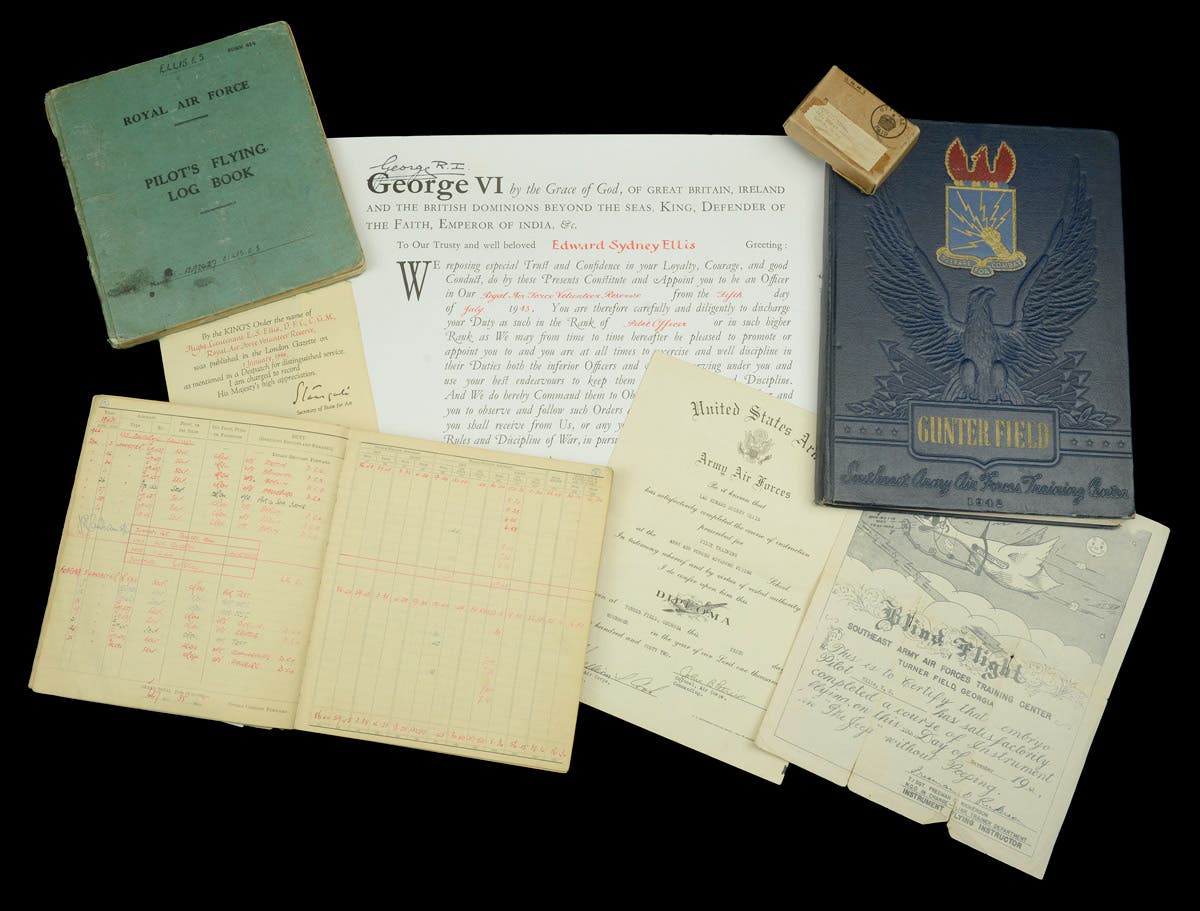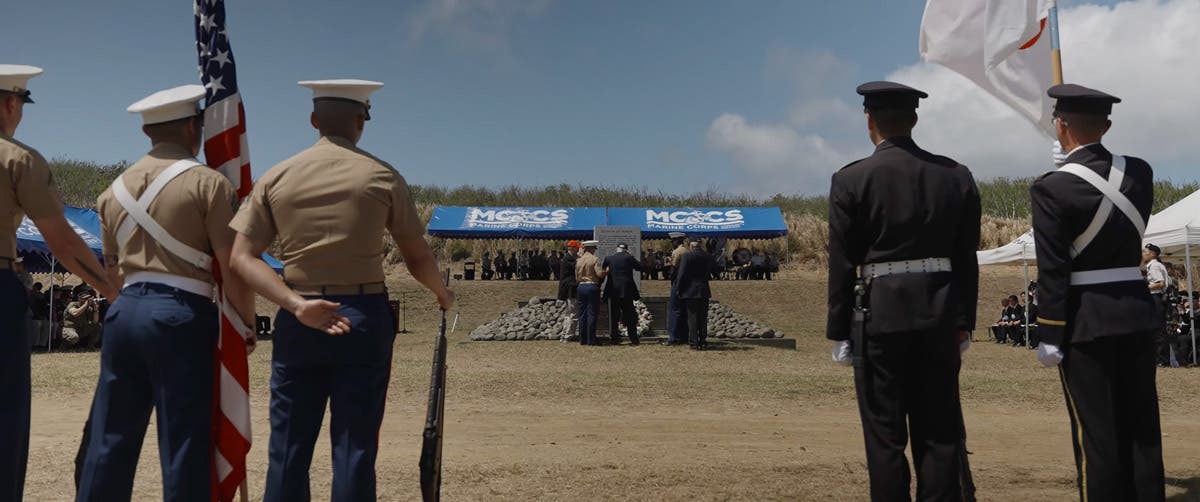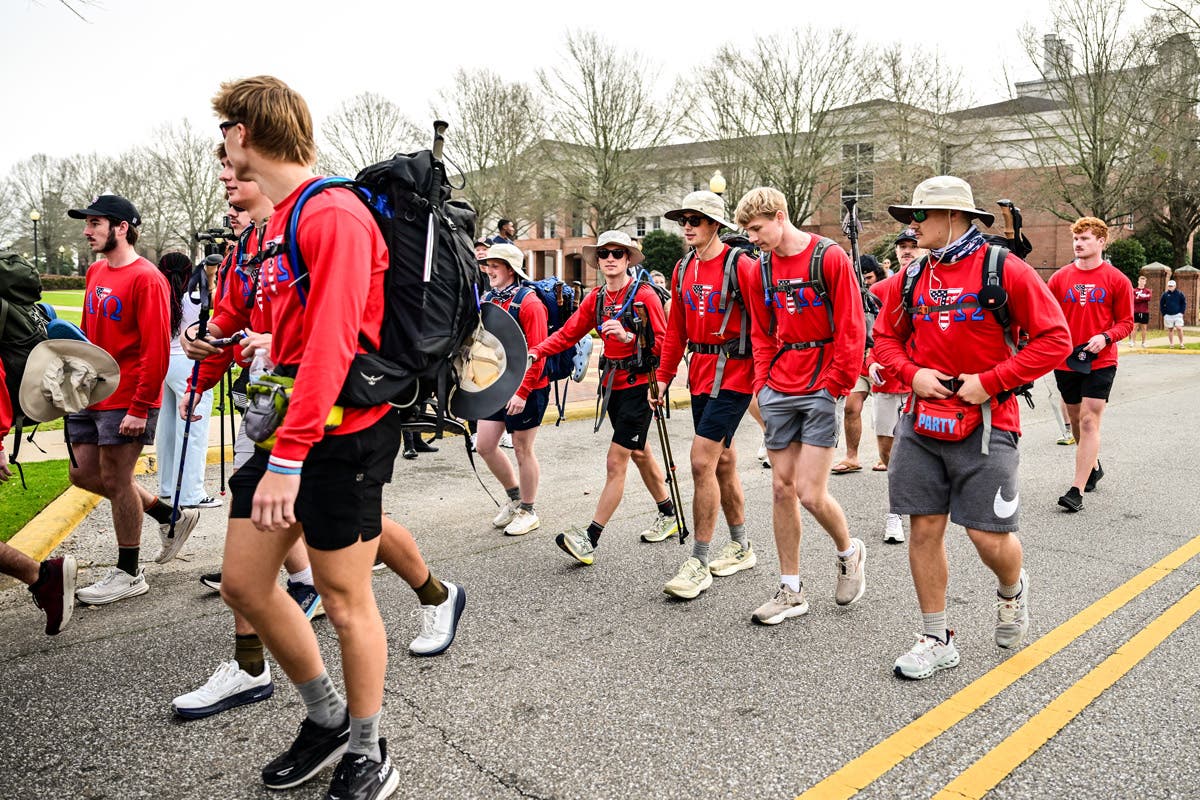Militaria Mindset: MT Talks with John Conway
An interview with one of militaria hobby’s top collectors
By Andrew L. Turner
Reprinted from Military Trader Magazine
John Conway is well-known in the community of “advanced” collectors of U.S. militaria memorabilia, aviation in particular. He has co-authored two Schiffer books: "Art of the Flight Jacket" and "American Flight Jackets, Airmen and Aircraft, A History of US Flyers’ Jackets from WWI to Desert Storm". He attends numerous militaria shows every year as VP of Business Development for Manion’s International Auction House. And, he is widely recognized as a leader in the Vietnam-era Army aviation arena of military collecting.
His interest began over four decades ago when his half-brother, while moving from the family home, bestowed his meager collection on little Johnny. “He left it all with me for safe keeping,” he said. “I was the only kid on the block with a German sword and a box full of patches.” Conway attributed his interest in military aviation to a WWI American pilot’s uniform his brother had fished from an apartment building dumpster.
“It still had the bullion wings and the whole works,” he said. “It had a French tailor tag, but no name; I always wondered who wore it. Those kinds of questions, and the relative simplicity of acquiring it, really put the hook in me. I still have that uniform and it’s one of my favorite objects.”
While objects are collected, Conway feels they are superficial aspects of the endeavor as they were all once part of a man’s life and time in service. “I always hope I have done something to honor the veterans who used what I collect,” he said. “It’s a pleasure to be in their company, and anything they passed along was cherished.”
Conway sincerely appreciates the fact he has been able to know so many WWII veterans. “I regret many young collectors may never have the pleasure of knowing one of the ‘Greatest Generation’ personally,” he said. “They gave their all to win that war; I found them always to be receptive to the needs of others, and they kept on giving back to the world they saved.”
Like many other passionate endeavors, Conway said collecting militaria can bring out the best and the worst of the people involved. He has seen it through his 30-year career with Manion’s. “The diverse nature of people we have worked with has been fertile ground for amazing things both good and bad,” he said. “Millionaires, the very famous, the infamous, young, old, victorious and tragic... I’ve seen so much.”
Conway said his involvement with militaria collecting led to some of his most accomplished lifetime achievements and allowed him to meet some of the best people he has ever known. “Working on the flight jacket books with Jon Maguire was a milestone,” he said. “I still enjoy looking through them; although, I did learn you don’t get rich writing militaria reference books.”
Conway is never too busy to share his knowledge with young collectors. “It is important for a new collector to establish his own knowledge base and work at a comfortable level,” he said. “Learn to trust your own judgment, and try to glean information from solid sources—preferably people who aren’t selling.”
He said reference books and Internet forums all serve a purpose, but when the dust settles, what someone has in their collection—how they got it and why—is all up to the individual collector. Conway said there is nothing worse than finding out something isn’t worth quite what one originally believed (or was a fake altogether), but feels a person has no one to blame but himself because, in the end, the lion’s share of responsibility lies with the individual, who must do his homework and ask questions.
“The course of everyday life presents numerous complications and disappointments,” he said. “Try to make your hobby serve the purpose it was intended for—relaxation and positive stimulus for yourself and others. When it stops being fun, it’s time to quit.”
He stressed the importance of keeping an inventory of a collection. “Good records can keep groups of things together—things that may not be easy to store collectively like uniforms and paperwork,” he explained. “This will help preserve the legacy for the next owner, and maintain the historic value of things that came from the same veteran.” In addition, since “you can’t take it with you,” keeping good records, and leaving clear instructions will help those you leave behind.
Also, always try to be honest with your family about what your collection is really worth. An “optimistic” guess will cause a lot of trouble when the time comes to explore the options of disposing of a collection.
Conway said his time at Manion’s has been a unique experience. He feels fortunate to have been a part of something of service to so many militaria collectors, and Veterans and their families, all over the world.
“I often wish my degree had been in psychology. I could have certainly written one heck of a master’s thesis about militaria collectors,” he joked. “It’s very rewarding to be the one who gets to explain that Uncle Frank’s box of ‘army stuff’ in the attic is going to repay all his funeral expenses, and then some. We have a lot of success stories to share, but we can’t be everything to everyone. I wouldn’t have traded the experience for any career I can think of.”
Tell us what you think in the Militaria Message Board



